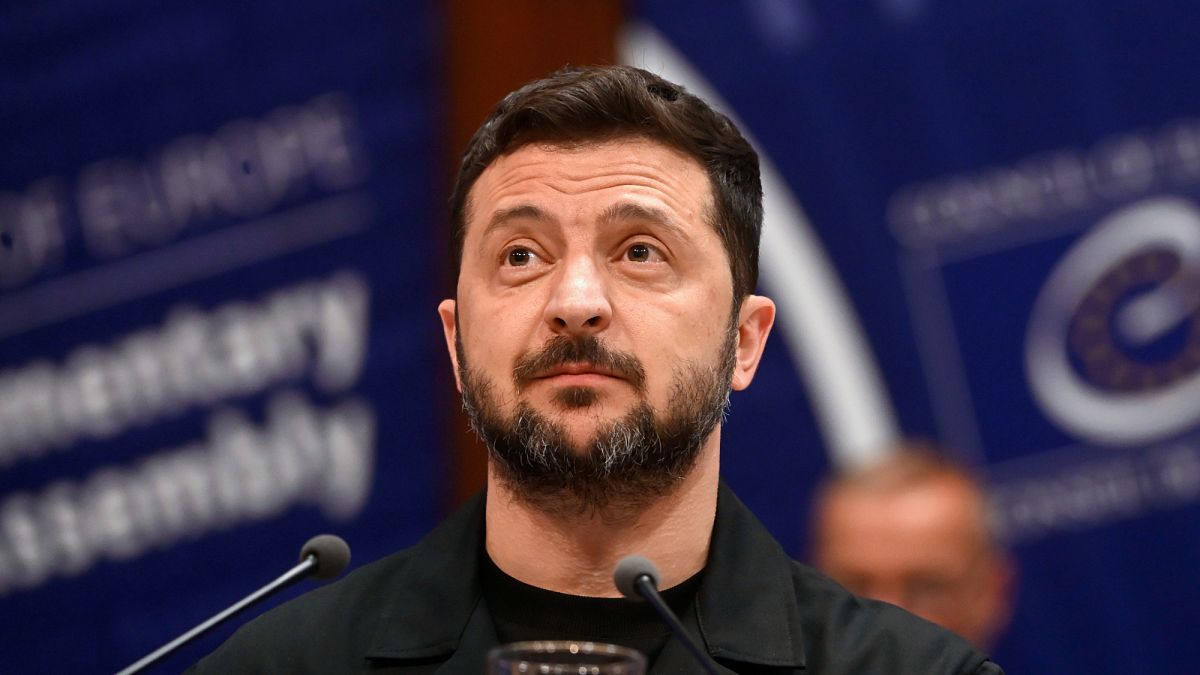

In a world striving towards stability and international cooperation, recent developments reflect both challenges and progress in global affairs. This week’s news offers insights into Ukraine and Moldova’s aspirations for European Union membership, a pivotal court ruling on climate change, and dialogues concerning the Middle East. These evolving stories reveal a tapestry of diplomatic, legal, and humanitarian efforts aimed at building a more interconnected and sustainable future.
Ukraine’s steadfast commitment to joining the European Union remains unwavering, despite facing hurdles. President Volodymyr Zelenskyy expressed resolve, asserting that Ukraine will make every necessary effort to progress its EU accession talks. Hungary, a current EU member, has posed a veto, yet there is substantial support from other European leaders, such as Danish Prime Minister Mette Frederiksen, who has pledged her backing to Ukraine’s EU ambitions. This determination underscores Ukraine’s dedication to moving forward amidst challenges, fostering hope for continued integration into the European community.
Meanwhile, Moldova is also on the path towards EU membership, seeking to enhance its economic growth and security through closer ties with the Union. An upcoming summit in Chisinau will see Moldova’s President Maia Sandu meet with EU Commission President Ursula von der Leyen and EU Council President António Costa. These discussions aim to explore avenues for Moldova’s further alignment with the EU. The European Union, however, is cautious about advancing Moldova’s membership separately from Ukraine, reflecting the complexity of balancing individual and regional dynamics within accession processes.
In another significant development, the inter-American Court of Human Rights, based in Costa Rica, has issued an influential ruling that underscores the human right to a stable climate. According to the court’s advisory opinion, states are obligated to address climate change as part of their duty to protect human rights. The court president, Nancy Hernández López, emphasized that the profound risks posed by climate change disproportionately affect vulnerable populations. This landmark ruling is an important step towards reinforcing global commitments to environmental protection and sustainable practices, resonating with the ongoing dialogues about climate justice.
The global discourse surrounding peace and justice continues with calls from a UN expert for states to reconsider their trade ties with Israel amidst ongoing conflict in Gaza. The expert described a “genocidal campaign” in Gaza, sparking widespread debate on international responsibility and human rights standards. The situation remains complex, with discussions highlighting the tragic loss of life and the urgent need for diplomatic resolutions.
Each of these narratives reflects a greater story of human perseverance and collaboration in the face of adversity. The unwavering determination of nations like Ukraine and Moldova to join the European Union, the pivotal legal recognition of climate rights, and the ongoing dialogues in the Middle East are all integral threads in the fabric of global efforts to create a harmonious and sustainable future. As these stories unfold, they serve as a reminder of the power of diplomacy, legal frameworks, and collective action in addressing the world’s most pressing challenges.
Source: {link}
